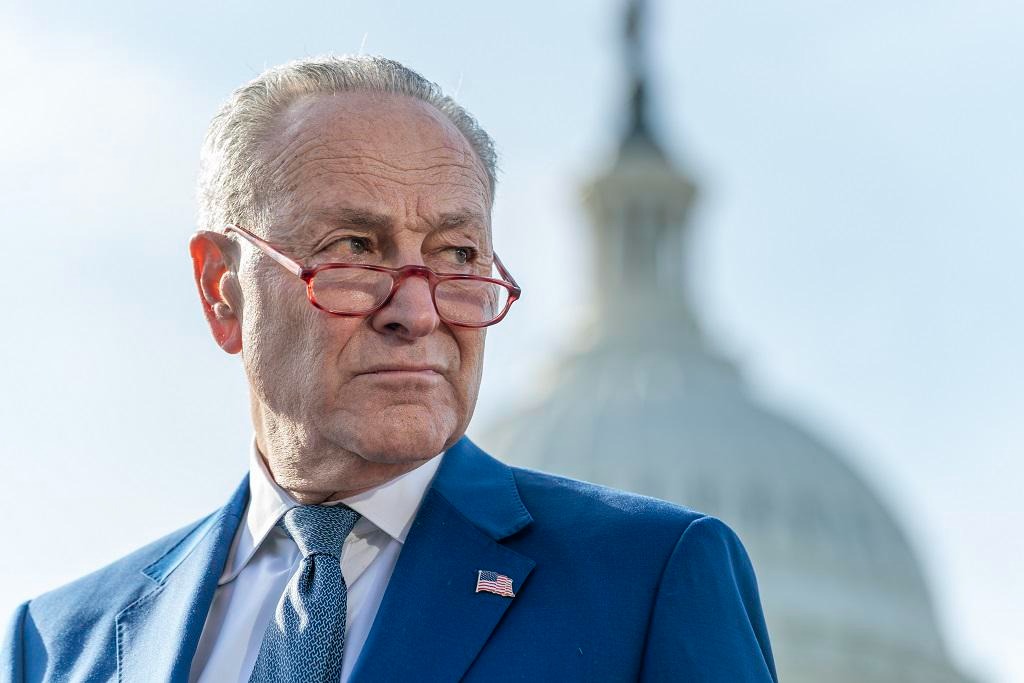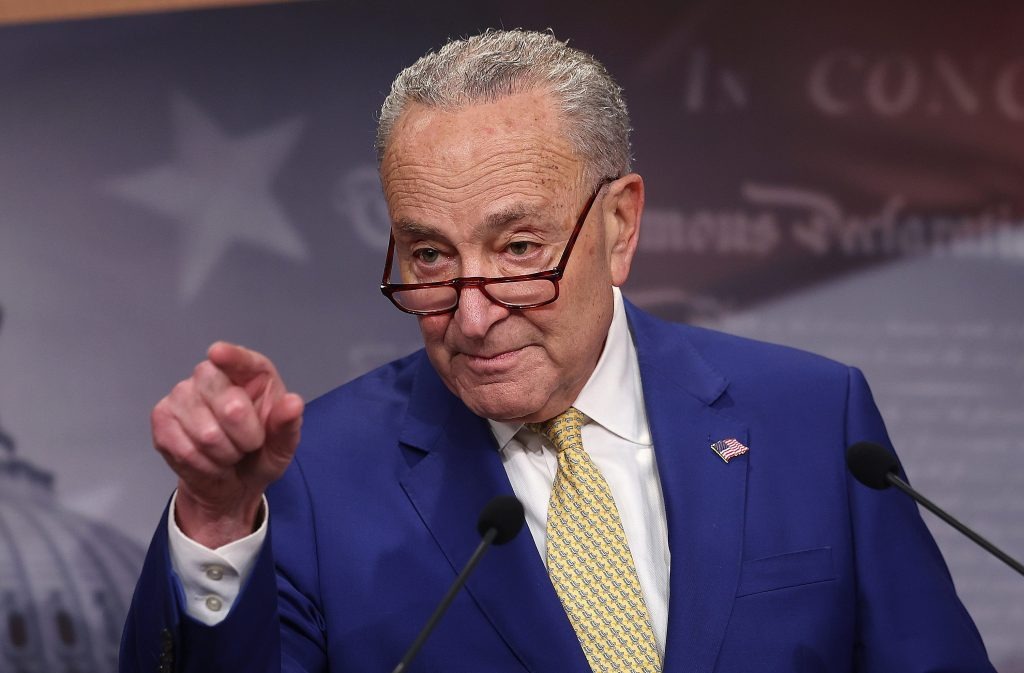The Foreign Intelligence Surveillance Act (FISA) risks lapsing due to a battle over amending the House bill in the Senate. Senators from both parties warn that failure to resolve differences could lead to a dangerous surveillance gap, leaving the nation vulnerable to security threats.
Opponents of the bill, including conservative Republicans and some Democrats, threaten to prolong the Senate debate beyond the Friday deadline. This standoff raises concerns about a potential lapse in warrantless surveillance authority provided by FISA Section 702, which is crucial for national security efforts.
Senate Majority Leader Chuck Schumer intends to advance the House-passed bill, but opponents are demanding time to debate and vote on changes to the legislation. Senator Rand Paul, a vocal critic of FISA, is prepared to let the program lapse over the weekend if amendments are not considered.

However, supporters argue that allowing FISA authority to lapse would jeopardize national security efforts, citing the importance of surveillance in detecting and preventing terrorist activities.
Senate Republican Leader Mitch McConnell has pledged not to let surveillance authority expire, emphasizing its role in safeguarding against threats. The debate over FISA has led to internal divisions within Republican and Democratic conferences.
While some Democrats criticize the House bill for not going far enough in reforming Section 702, Senate Intelligence Committee Chair Mark Warner opposes amendments, warning that they could disrupt carefully negotiated compromises.

Despite the challenges, a sense of urgency exists to renew FISA authority before the deadline. However, the Senate’s busy agenda, including impeachment proceedings against Homeland Security Secretary Alejandro Mayorkas, complicates efforts to address the FISA issue promptly.
The House bill passed after contentious debates, reflecting differing views within Congress on the balance between national security and privacy concerns. As the Senate navigates this difficulty, the fate of FISA remains uncertain, with potential implications for national security and civil liberties.


